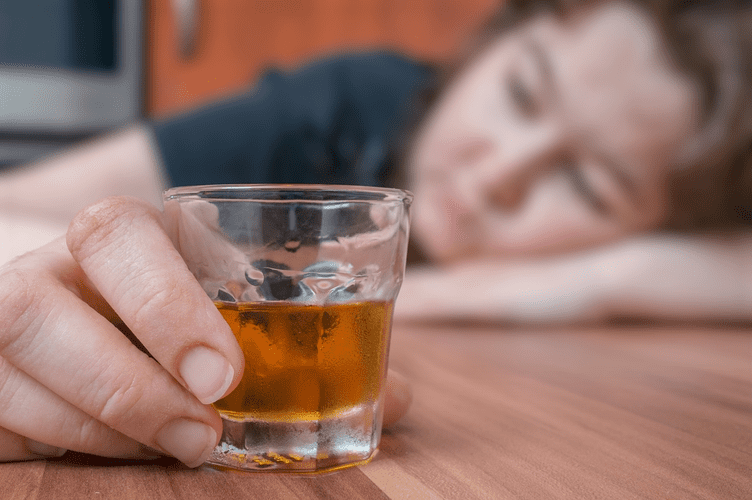Content
Many people with “angry drunk” tendencies also end up on the wrong side of law. The lack of inhibitions that causes them to lose their temper can lead to bar fights, road rage, impulsive violence and other events that may cost them a night in jail or worse. When you live with or care for someone who becomes abusive when they’re intoxicated, the consequences may well be more than just hurt feelings.

While stimulants, such as coffee and Adderall, target dopamine receptors in the brain, alcohol and other depressants target the brain’s GABA receptors. GABA, which stands for gamma-aminobutyric acid, is a receptor in the brain that directly influences your cognitive and inhibitory actions. What that means is GABA has an effect on functions such as fine motor skills, speech, sight, reaction time, natural inhibitions, and emotions. This can also be responsible for the stimulating feeling some individuals get when drinking alcohol. Even though they may feel more awake and energetic, this is simply a false mask put on by your brain to cover the fatigue alcohol is genuinely causing. “He’s a mean drunk.” This is a line you’ve probably heard in a movie, on TV, or even in real life.
What Is a Good Treatment Plan For Substance Abuse?
It’s a cycle that can really wreak havoc in the individual and oftentimes families. Thus, alcohol rehabsare always on standby to help those who are caught up in the cycle. When you drink, the alcohol affects the part of your brain that usually keeps that anger in check. Due to your lowered inhibitions or lack of impulse control, that pent up or accumulated anger can come out in a fury.
Which mental disorder is most commonly comorbid with alcoholism?
According to the National Institutes of Health (NIH), three mental disorders most commonly comorbid with alcoholism are major depression, bipolar disorder and anxiety disorder.
For this reason, alcohol use problems often must be part of the PTSD treatment. If you have PTSD, plus you have, or have had, a problem with alcohol, try to find a therapist who has experience treating both issues. Women who have PTSD at alcoholism and anger some point in their lives are 2.5 times more likely to also have alcohol abuse or dependence than women who never have PTSD. Men are 2.0 times more likely to have alcohol problems if they have PTSD than men who never do not have PTSD.
Insurance Verification
Through our integrated treatment programs, we’ve helped thousands of people choose recovery over addiction and get back to life on their own terms. We encourage all those struggling with substance use to seek professional help. Another example of alcohol use could be an individual that calls into work ‘sick’ because of a hangover or misses spending time with their children or family due to the https://ecosoberhouse.com/ effects of drinking. In this case, especially when done on a semi-regular basis, alcohol has begun to interfere with daily responsibilities and both personal and professional relationships negatively. Psychologists can also provide marital, family, and group therapies, which often are helpful for repairing interpersonal relationships and for resolving problem drinking over the long term.
- The lack of inhibitions that causes them to lose their temper can lead to bar fights, road rage, impulsive violence and other events that may cost them a night in jail or worse.
- Binge drinking is when a person drinks a lot of alcohol (4-5 drinks) in a short period of time (1-2 hours).
- Many people with “angry drunk” tendencies also end up on the wrong side of law.
- The frontal lobes of the brain, located behind the forehead, are responsible for controlling impulses, such as anger.
- Whether you’re contending with a mild, moderate, or severe addiction, our team can help you navigate the road of recovery and begin creating the kind of life you truly desire.



